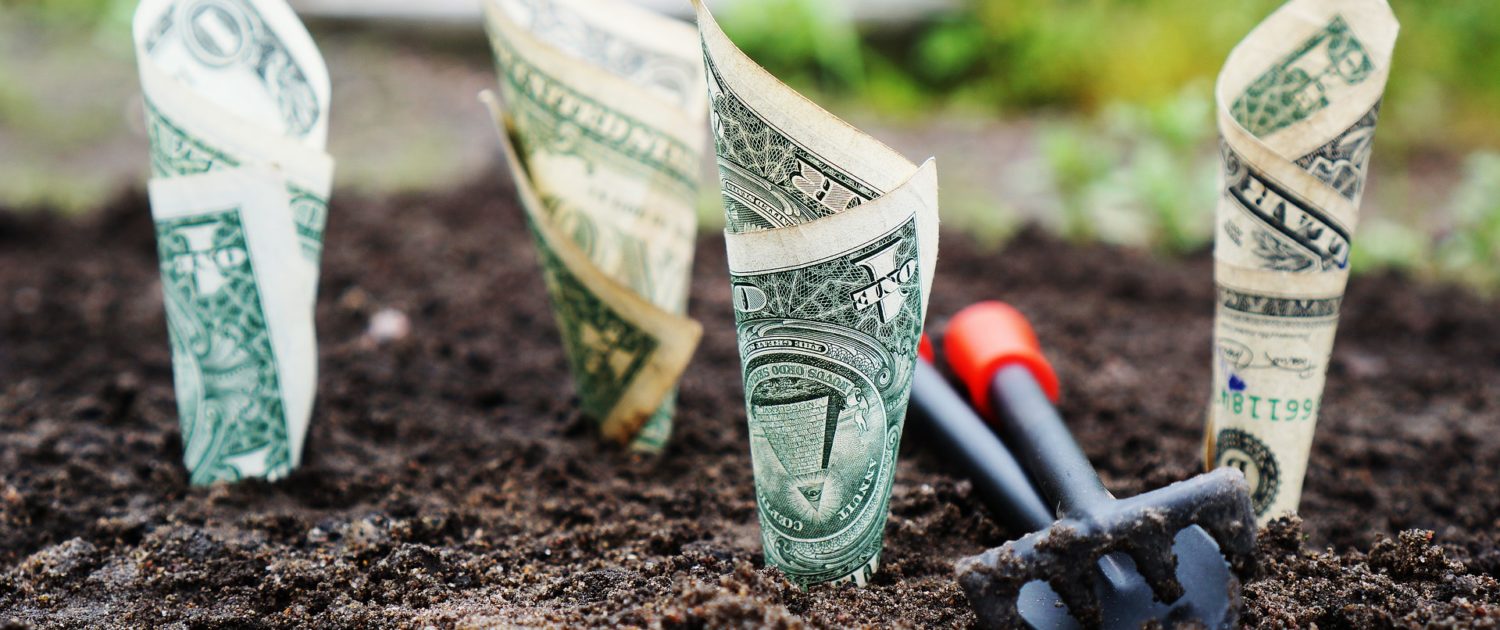
It appears that an end is finally in sight. As of mid-May, more than half of Californians have received at least one dose of the Covid-19 vaccine. In Los Angeles County alone, more than 9 million doses have been administered. Daily new cases have dropped below 5% of the winter peak, and jobs are rebounding. While the April 2021 California unemployment rate remains high at 8.3%, that’s about half what it was a year ago. And, some of the hardest hit industries are gaining ground. For instance, the leisure and hospitality industry in California added 62,800 jobs in April.
That’s all good news, but for many people in Los Angeles and throughout the state, it doesn’t entirely solve the problem. The financial stress many faced during the pandemic may be easing, but the impact on individuals and households varies widely. Some used stimulus funds and other pandemic relief to pay down debt, putting them on a stronger footing. The average U.S. credit score actually increased during the pandemic. But, many people are emerging with a mountain of debt. At the end of the first quarter of 2021, aggregate household debt in the United States was up $499 billion compared with the end of 2019.
Getting back to work and moving toward more normal school schedules and daycare options is a start. But, if you’re coming out of the pandemic with past-due bills and black marks on your credit report, what you do next can make all the difference.
Next Steps for Californians Financially Battered by the Pandemic
The right solution for pandemic-induced financial difficulties will be different for everyone, depending on the amount and type of debt, how seriously delinquent it is, the state of your credit, your post-pandemic earnings, your priorities and other factors. These steps offer a starting point for exploring your options and getting your finances back on track.
1. Explore any assistance available to you
Many programs were created by government entities, non-profits, and even creditors–to assist people who were suffering financially due to Covid-19. While many of those programs have closed, some significant assistance is still available. For example, California residential tenants who owe back rent may be able to eliminate that debt completely. The CA Covid-19 Rent Relief program will pay 80% of eligible back rent if the landlord agrees to write off the remaining 20%.
2. Take stock before you make any decisions
When your income stabilizes and your earnings and expenses are more predictable, you may be tempted to start throwing money at the problems that seem most urgent–whether that means ensuring that your car isn’t repossessed or putting a stop to the constant, high-stress phone calls from a particular debt collector. When you step back and make an objective assessment of your priorities, it’s likely clear how much more important one of those things is than the other. Make sure you have a clear sense of your goals before you start allocating funds. And, ensure that you’ve explored other options first. For instance, don’t hand over most of your income to your landlord before looking into whether you may qualify for the program described above.
3. Talk to your creditors and debt collectors
Whenever you’re behind on bills, know you’re going to be unable to pay, or have a debt in collections, it’s a good idea to talk to the creditor or debt collector. Ignoring calls and not opening emails may buy some temporary peace of mind, but it doesn’t move you any closer to a solution. As you recover financially from the pandemic, picking up the phone makes even more sense than usual. Many creditors implemented special programs for those impacted by the pandemic–programs you may not have known about if you didn’t take their calls. Whether relief is still available will vary depending on the creditor, but it won’t cost you anything to find out. And, debt collectors who know that others will be competing fiercely for those dollars may be more likely to enter into a favorable agreement.
4. Be realistic
If you were already struggling financially before the pandemic, 2020 may have tipped you from cash-strapped to completely overwhelmed. But, since you’re accustomed to financial stress, you may not have noticed the difference. If you were on solid ground before the pandemic, it may be tough to accept that your foundations aren’t going to shift back into place easily. Either way, it’s important to take a cold, hard look at where you stand right now. It may be time to make a bigger financial move. For instance, you may want to consider selling your home and downsizing while home values are up in the Los Angeles area. Or, it may be time to consider bankruptcy.
Get Reliable Information about Your Debt Resolution Options
Many promised quick fixes aren’t, and waiting and hoping is rarely effective. If you’re struggling financially, your most powerful tool is accurate information about your options and how each might play out in your specific circumstances. Fortunately, the experienced debt resolution attorneys at Borowitz & Clark offer free consultations to Los Angeles area residents who want to reclaim control of their finances.
That means you can gather the information you need at no cost and with no obligation. If you’re ready to take control, call 877-439-9717 or fill out the contact form on this site to get started.
